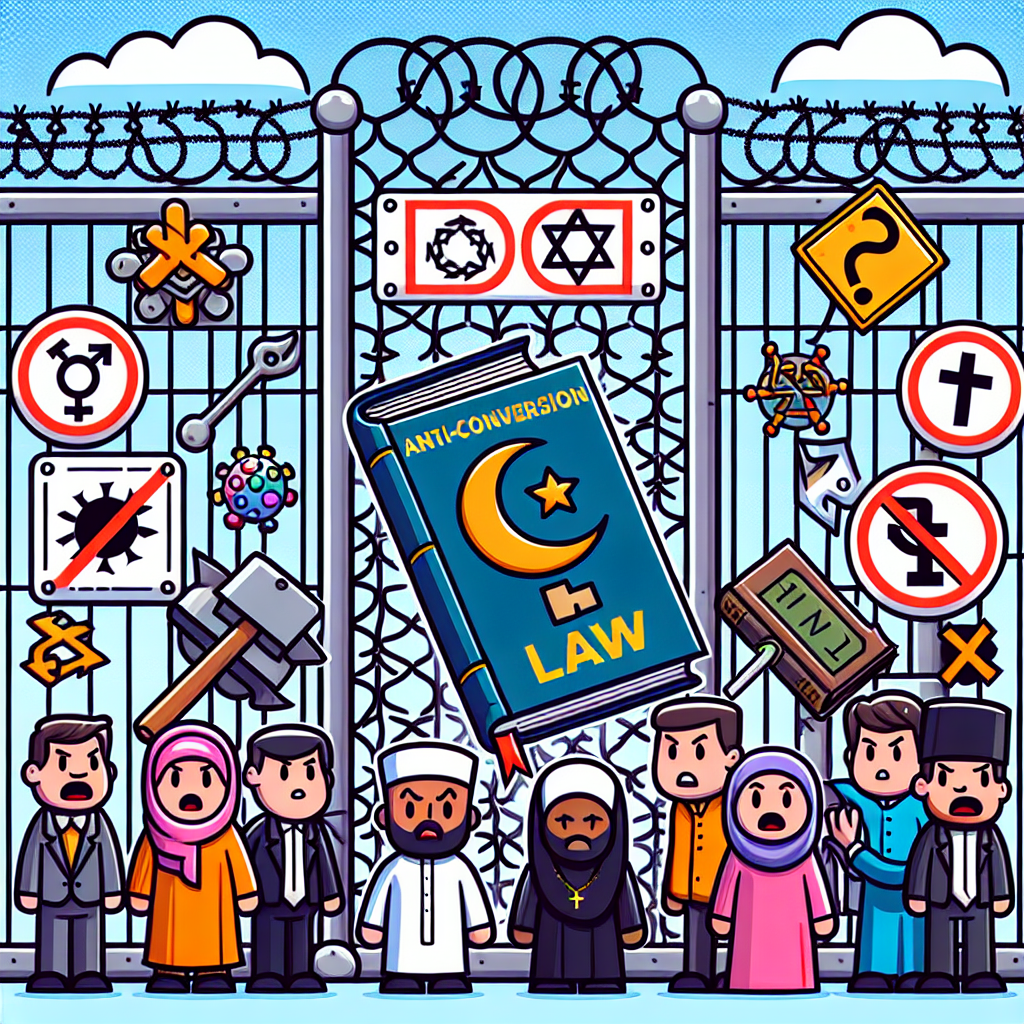Supreme Court Reviews Contentious Anti-Conversion Laws Amid Rising Debates
The Supreme Court has called on several states for their positions on petitions challenging anti-conversion laws. Petitioners argue these laws breach constitutional rights, with advocates highlighting potential issues in states like Uttar Pradesh. Responses from states are due in four weeks, and amendments to existing petitions have been permitted.

- Country:
- India
The Supreme Court of India is currently deliberating on the constitutional validity of anti-conversion laws enacted in states including Uttar Pradesh, Madhya Pradesh, and several others. A bench led by Chief Justice B R Gavai has sought responses from the states in question after concerns were raised about these laws potentially infringing on individual rights.
Senior advocate C U Singh, representing a petitioner, emphasized the dangers these laws pose to interfaith marriages and religious freedoms. Singh argued that recent amendments in states like Uttar Pradesh allow third-party complaints, which could lead to harassment and misuse of the law.
With the court giving states four weeks to reply and facilitating amendments to the petitions, the debate underscores the tension between state laws and constitutional liberties. Advocates like Indira Jaising and Vrinda Grover continue to push for interim relief and a stay on these contentious legislations.
(With inputs from agencies.)
ALSO READ
Both wives of BJP MLA included in Madhya Pradesh govt's pilgrimage scheme list, claims Cong leader
Arrest in Double Murder Case: Dev Pratap Singh Nabbed in Uttar Pradesh
Former BJP Leader Escapes After Massive Drug Bust in Madhya Pradesh
Ex-BJP Leader on the Run: Massive Drug Bust in Madhya Pradesh
Commitment to OBC Quota: Madhya Pradesh's Pledge for Inclusivity










